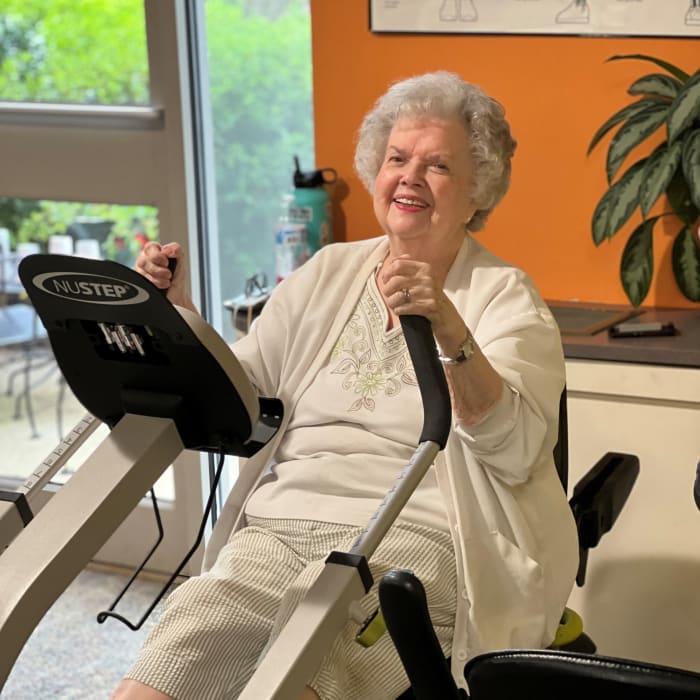7 tips to help aging parents get the care they need
No one wants to grow old or give up the independence that comes with driving a car or living on their own. However, aging happens! Changes that make it difficult to keep up with day-to-day tasks such as driving, cooking and cleaning can come on suddenly or slowly over years. Adult children are often charged with helping their parents make the transition into a safe environment where they have access to health care and/or assistance with daily needs.
Making decisions about how your parent should be cared for isn’t easy. Here are some ideas to help you and your parent maintain a healthy relationship throughout the process.
1. Talk early. The sooner you open the conversation about care, the better. Your first interaction on the topic doesn’t have to be long or deeply involved. Start by asking your parent if he or she would be open to assistance, but don’t push the issue.
2. Make connections with others who can help. Whether from a spouse, family member, doctor or old friend, another person’s opinion may neutralize the situation and encourage your parent to consider the option of care. Visit someone you know who is already receiving care or has relocated to an assisted living community. A firsthand opinion may help your parent feel more comfortable about making a decision.
3. Research the options. The more you know about care options available in-home and through assisted living or nursing homes, the better you will be able to address your loved one’s concerns. Find out about the costs and the levels of care provided. Talk through the pros and cons of each option with your parent. For example, moving to an assisted living community would relieve the pressure of tending a home and yard, as well as bring new opportunities for social interaction. Hiring an in-home assistant would provide companionship and allow your parent to stay in their home.
4. Talk through worries and fears. Try to be sensitive to your parent’s feelings. If he or she is worried about moving to an unfamiliar place, make an effort to visit the community and meet the staff and residents. If your parent has fears about what will happen to their home or belongings, be sure to talk through those issues together.
5. Let your parent decide. Your concerns about your parent’s health and safety while living independently may be perfectly valid, but your parent may not see eye to eye with you on this. Provide gentle hints and remind your parent about options for care when the timing is right. As long as he or she is able, your parent should make the final decision.
6. Don’t give up. Maintain your commitment to finding a safe and suitable situation for your parent without forcing it. Allow time for this emotional journey, and don’t be afraid to ask for help (or to offer help).
7. Stay involved. Keep the lines of communication open with your loved one, their health care team and other caregivers. At Presbyterian Communities of South Carolina, we’re here to support you and help your family navigate next steps in caring for your parent. Please call visit www.prescommunities.org to learn more.






